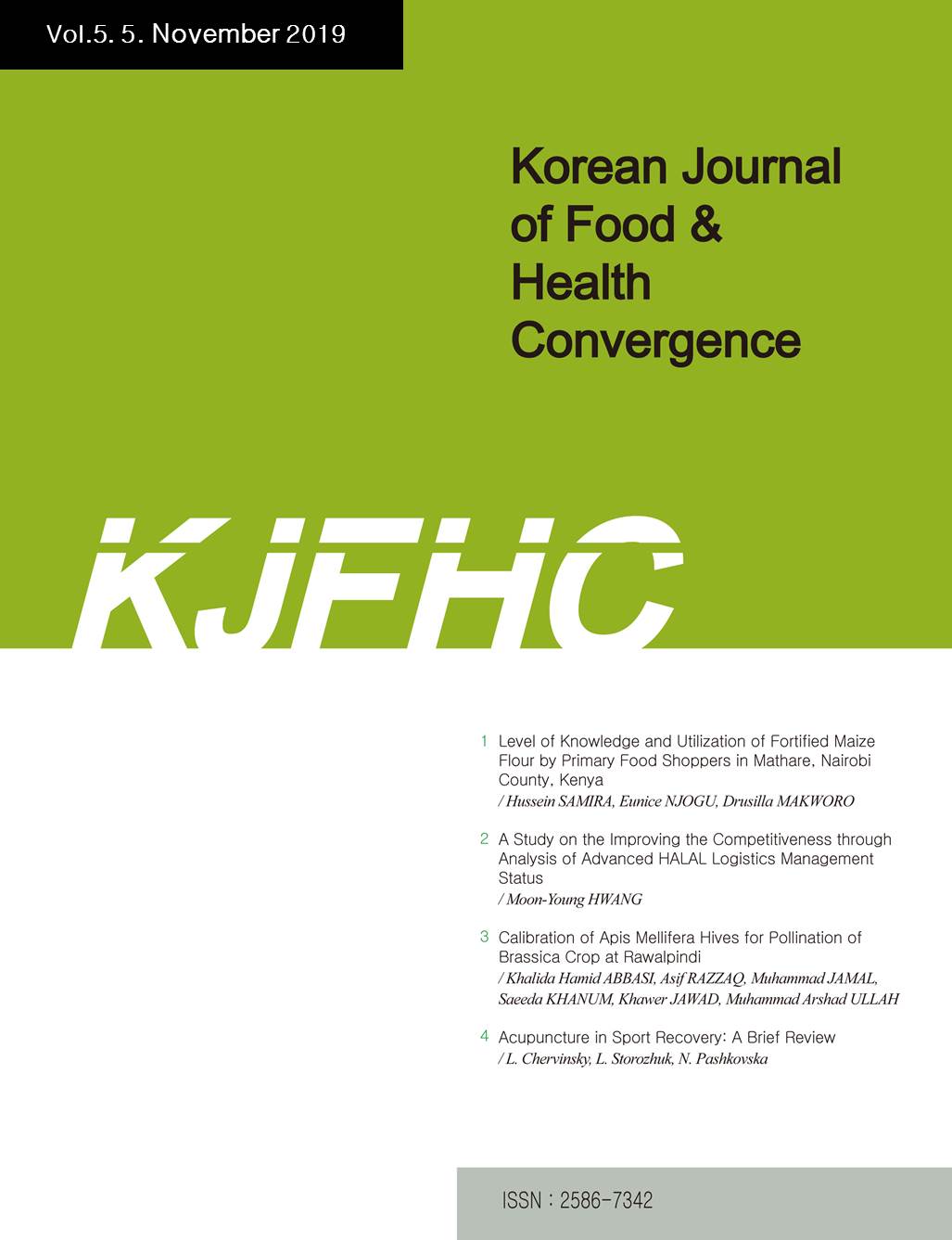 E-ISSN : 2586-7342
E-ISSN : 2586-7342
Seunghyeon LEE
Seong Soo CHA
Abstract
This study investigates the impact of servicescape elements in franchise fast food restaurants on the attitudes and revisit intentions of Generation MZ. Employing a mixed-methods approach, we surveyed 231 MZ consumers across five major urban centers. Our findings reveal that ambient conditions, spatial layout, and technology integration significantly influence MZ consumers' perceptions and behaviors. Specifically, sustainability-oriented design, customizable spaces, and seamless digital integration emerged as key drivers of positive attitudes and increased revisit intentions. Furthermore, we identify important generational differences, with Gen Z placing higher importance on Instagram-worthy aesthetics and contactless service options compared to Millennials. This research contributes to servicescape theory by proposing a novel framework tailored to MZ consumers in the fast food context. It offers practical implications for franchise operators seeking to attract and retain this crucial demographic. Our study highlights the evolving preferences of younger consumers and underscores the need for adaptable servicescape strategies in the fast food industry. The results suggest that franchises investing in environmentally conscious designs, flexible spaces, and cutting-edge technology are likely to see improved customer satisfaction and loyalty among MZ consumers. Future research could explore the long-term effects of these servicescape elements on brand perception and market share within the competitive fast food landscape.
- keywords
- Servicescape, Generation MZ (Millennials and Generation Z), Fast food franchises, Consumer attitudes, Revisit intentions
- Downloaded
- Viewed
- 0KCI Citations
- 0WOS Citations

